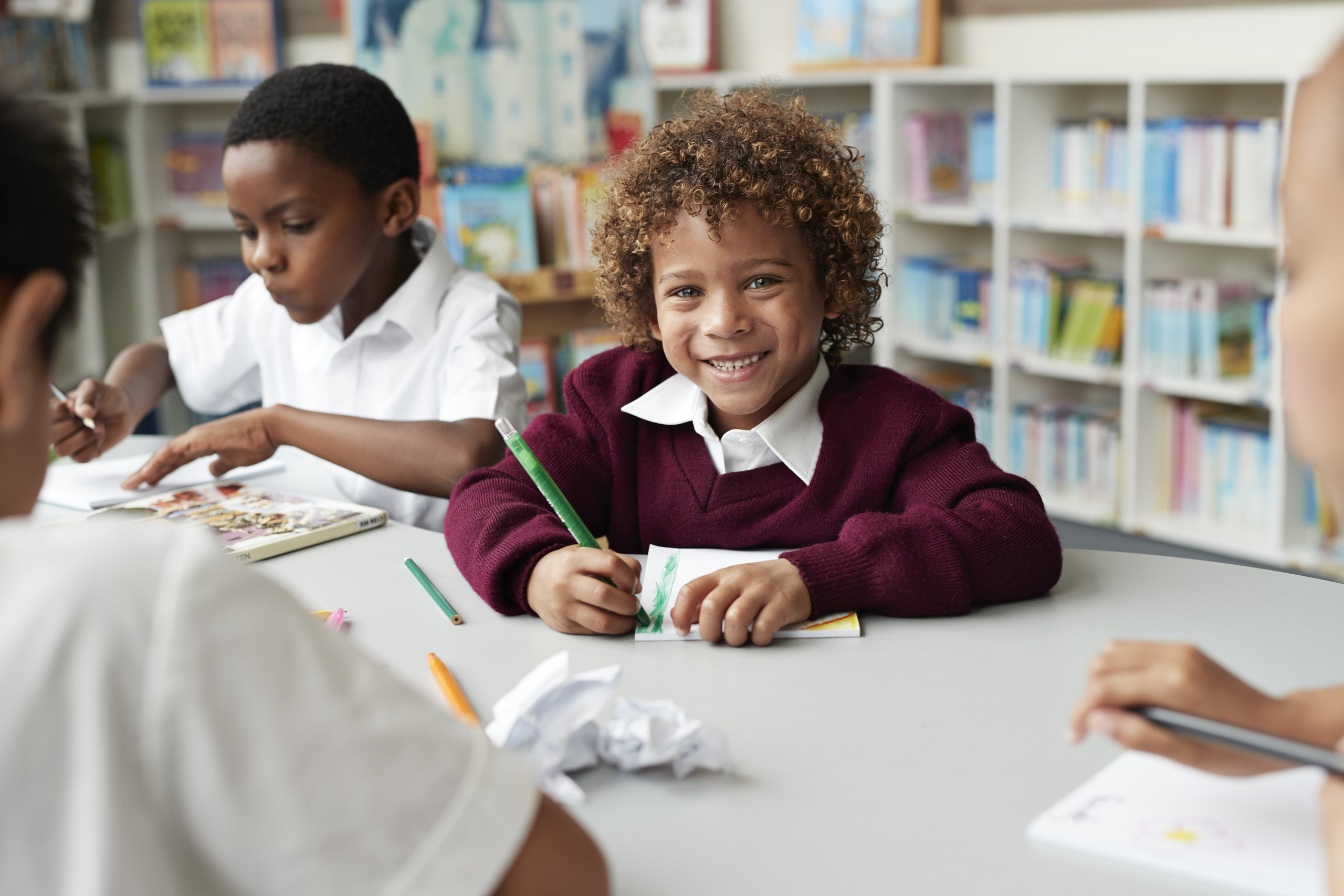Social and emotional learning (SEL) plays a critical role in helping children grow up healthy, happy, and smart. Discover why this is the case and check out our fun classroom learning tips.

Since the pandemic, there’s been a lot of discussion about helping children “catch up” on the lessons they missed during lockdown. However, the key to better learning isn’t just spending extra time with textbooks—it’s also about play.
Both teachers and parents, along with recent research, agree that for children to learn well and grow up healthy and happy, their social and emotional learning must also be promoted. This is where play comes into the picture.
What is Social and Emotional Learning?
Simply put, SEL involves any learning that helps children develop social and emotional skills. These skills enable us to cope with the ups and downs of daily life and deal with the uncertainty and anxiety we all experienced during the pandemic.
Here’s why these skills are so crucial:
Social Skills Help Us Collaborate with Others
Social skills include working together, sharing ideas, negotiating rules, and seeing things from another person’s perspective. Children learn many of these skills through play. Even deciding who goes first in a board game requires negotiation! Mastering these skills makes play more enjoyable and helps children build happy, healthy relationships with friends and family. It also helps them cooperate and learn more effectively with others.
Emotional Skills Help Us Understand Others (and Ourselves)
Emotional skills involve managing and expressing emotions, controlling impulses, and having the self-awareness to understand how our actions affect others. These skills also help us stay motivated—for instance, persevering with a challenging puzzle until it’s solved.
When children have strong emotional skills, they are better equipped to get along with friends and family and face the challenges of adult life.
Fun Classroom Learning Tips
Incorporating play into the classroom is a great way to enhance SEL. Here are some tips:
- Group Activities: Engage students in group projects where they must work together, share ideas, and respect each other’s opinions.
- Role-Playing: Use role-playing games to help children understand different perspectives and practice empathy.
- Emotion Charts: Use charts or visual aids to help children recognize and label their emotions, fostering better emotional understanding.
- Mindfulness Practices: Incorporate short mindfulness exercises to help children manage stress and improve focus.
- Problem-Solving Games: Encourage games that require children to negotiate, strategize, and work through conflicts.
By emphasizing social and emotional learning through play, we can help children develop essential life skills while also making learning more enjoyable and effective.



